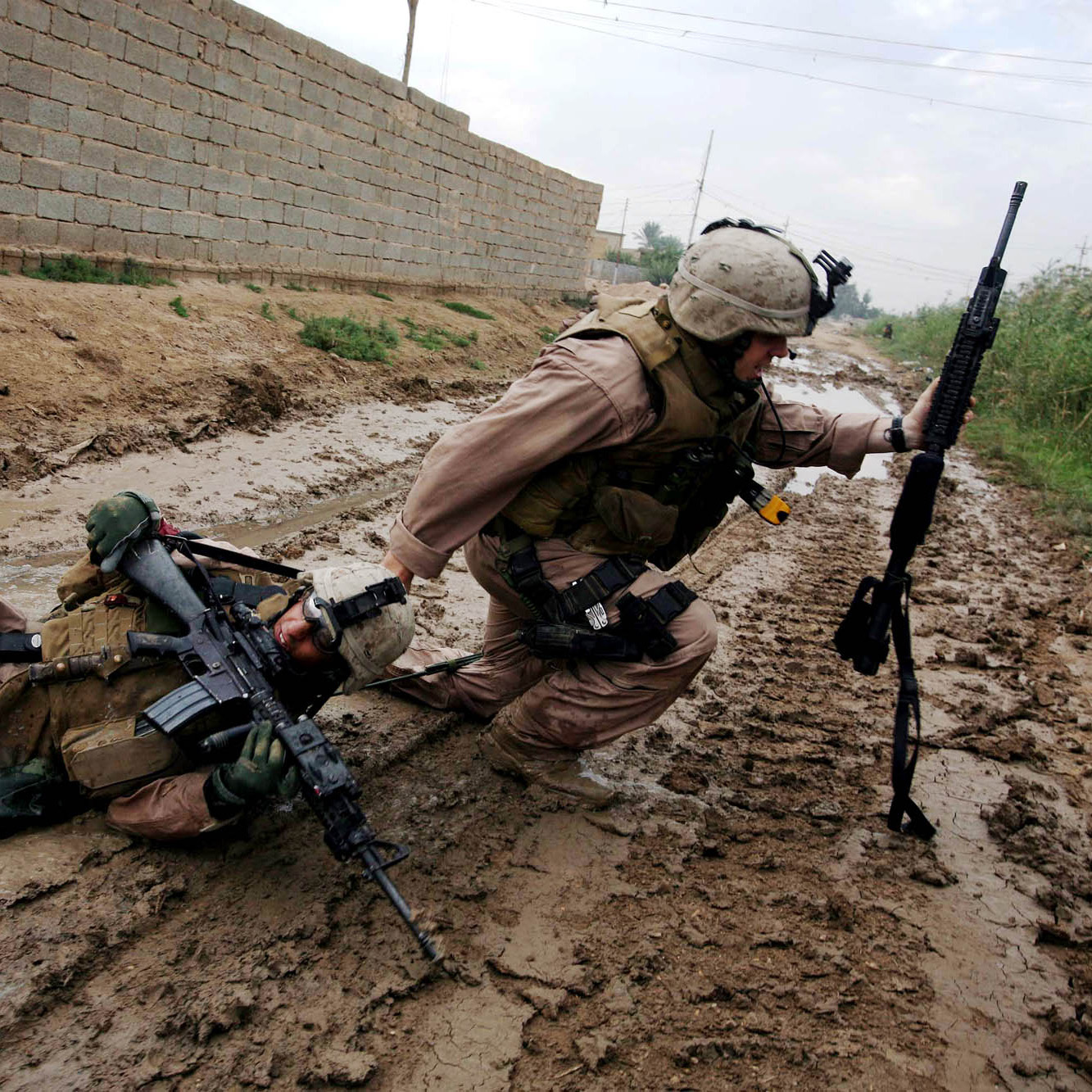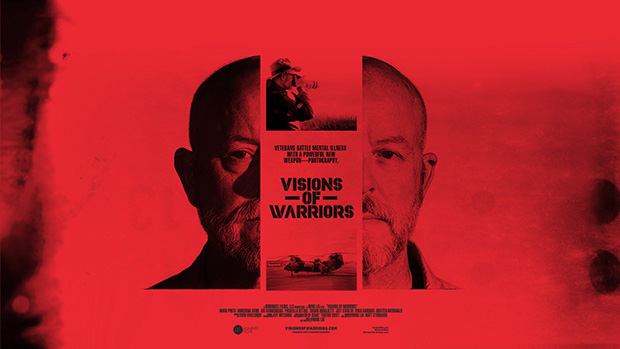raydm6
Yay! Cameras! 🙈🙉🙊┌( ಠ_ಠ)┘ [◉"]
The recent thread and Don McCullin article got me thinking about photographers working in dangerous, high-stress situations - war theaters, political/civil unrest, violent confrontations - and as an result of that, some may be suffering from PTSD; and, how prevalent this might be?
McCullin had many traumatic experiences as a child growing up during the war and experienced bombings first hand. This certainly had an influence on his style and approach.
Interesting article addressing this issue:

McCullin had many traumatic experiences as a child growing up during the war and experienced bombings first hand. This certainly had an influence on his style and approach.
Interesting article addressing this issue:

War Photography: The Physical and Psychological Costs
Exploring the lives and careers of 12 extraordinary war photographers, Anthony Feinstein, PhD, underscores the grave danger these visual historians encounter when covering conflict and raises our a…
www.jhrehab.org
Shooting War: Paying homage to 12 conflict photographersAll war journalists are exposed to grave danger, but the degree of exposure is highest amongst the photojournalists. This is inevitable given the nature of their work. You cannot hang back from the fray and get a good photograph. The risks, high to begin with, increase with close proximity to the event. This observation led me to explore, in greater depth, the lives and careers of 12 extraordinary war conflict photographers. The project was supported by the Globe and Mail, Canada’s national newspaper and the series may be found at Shooting War: Paying homage to 12 conflict photographers.
Last edited:


